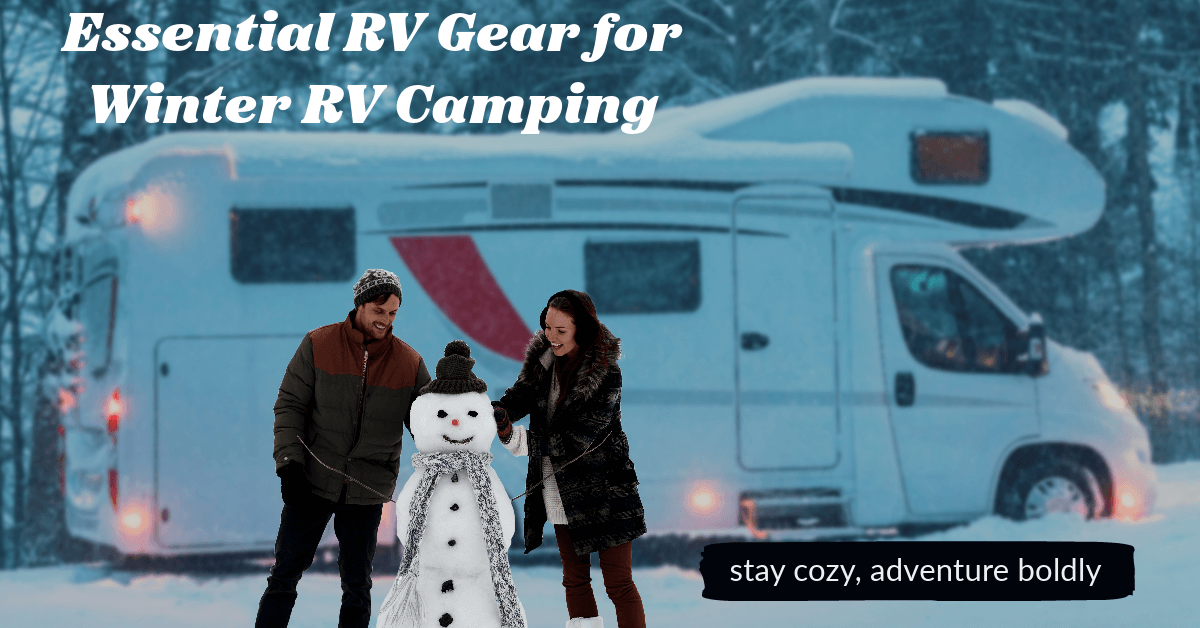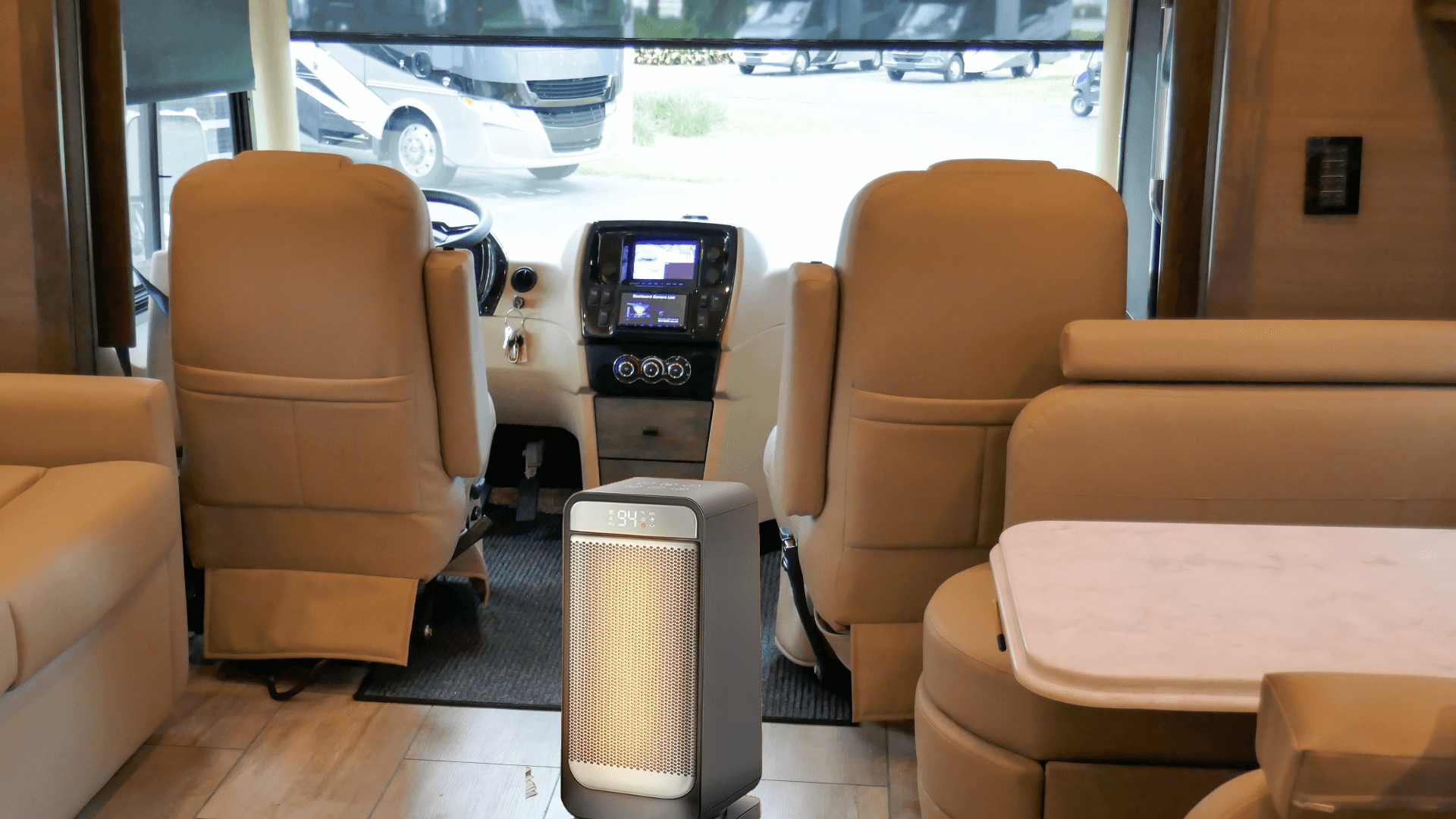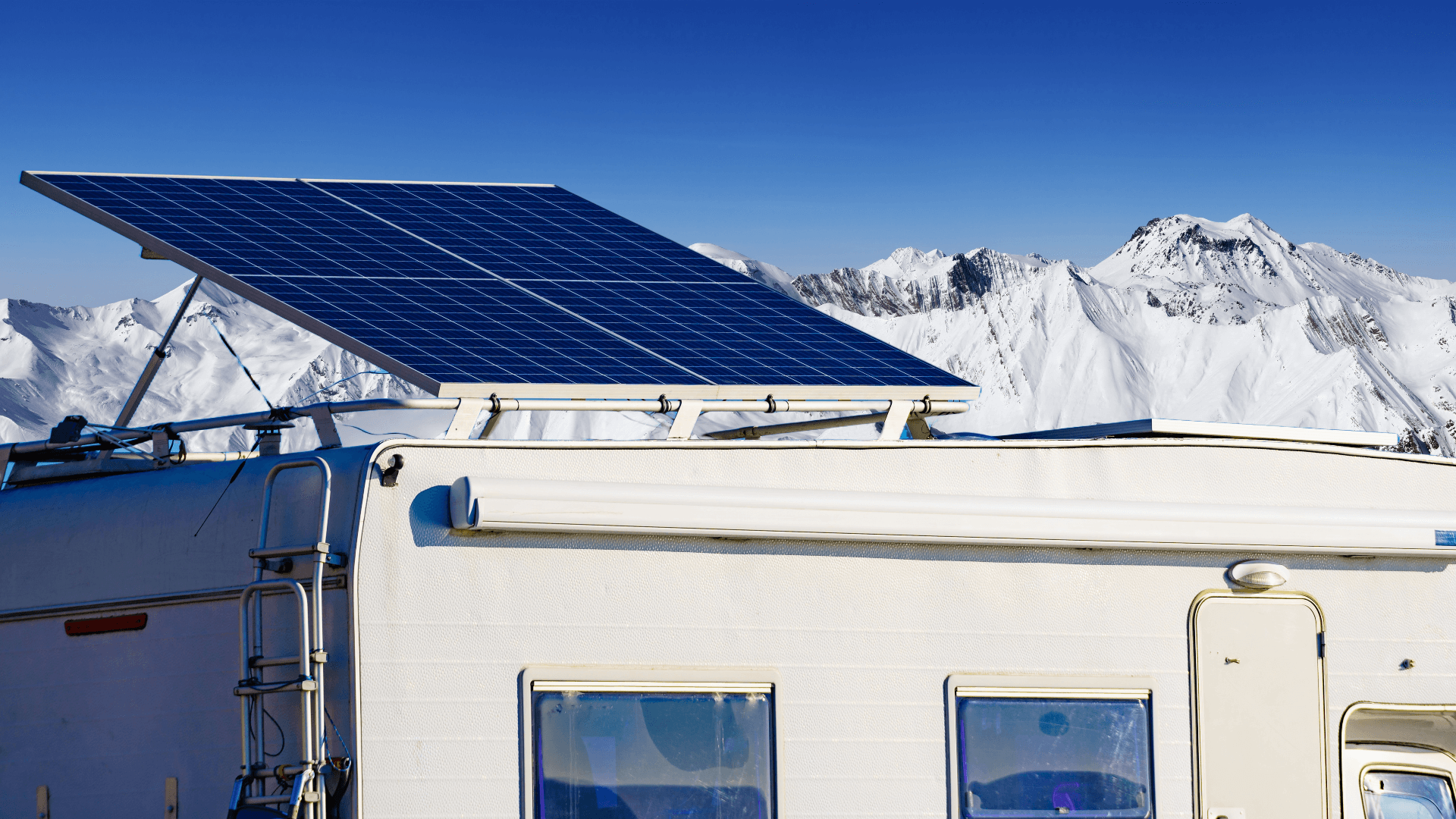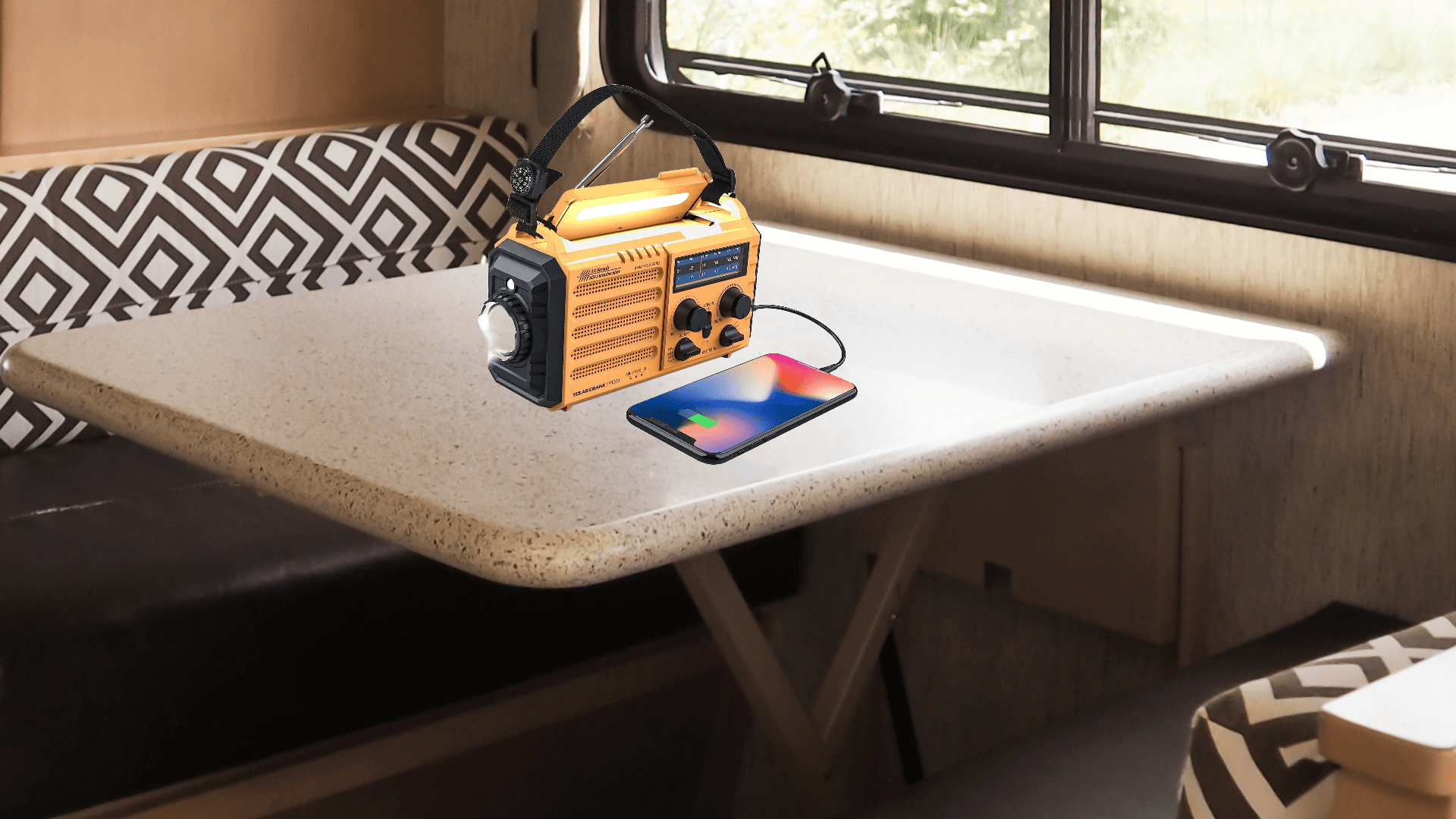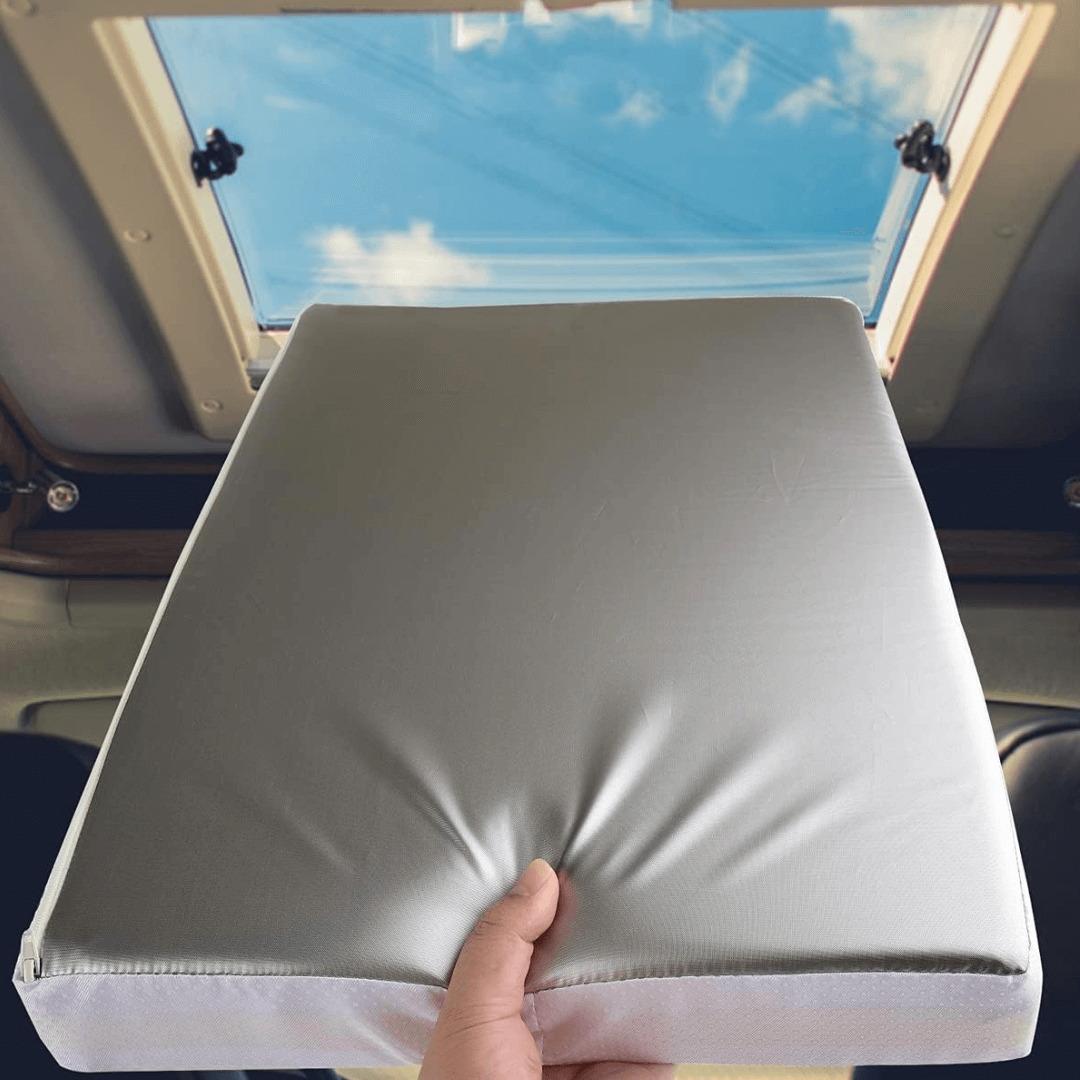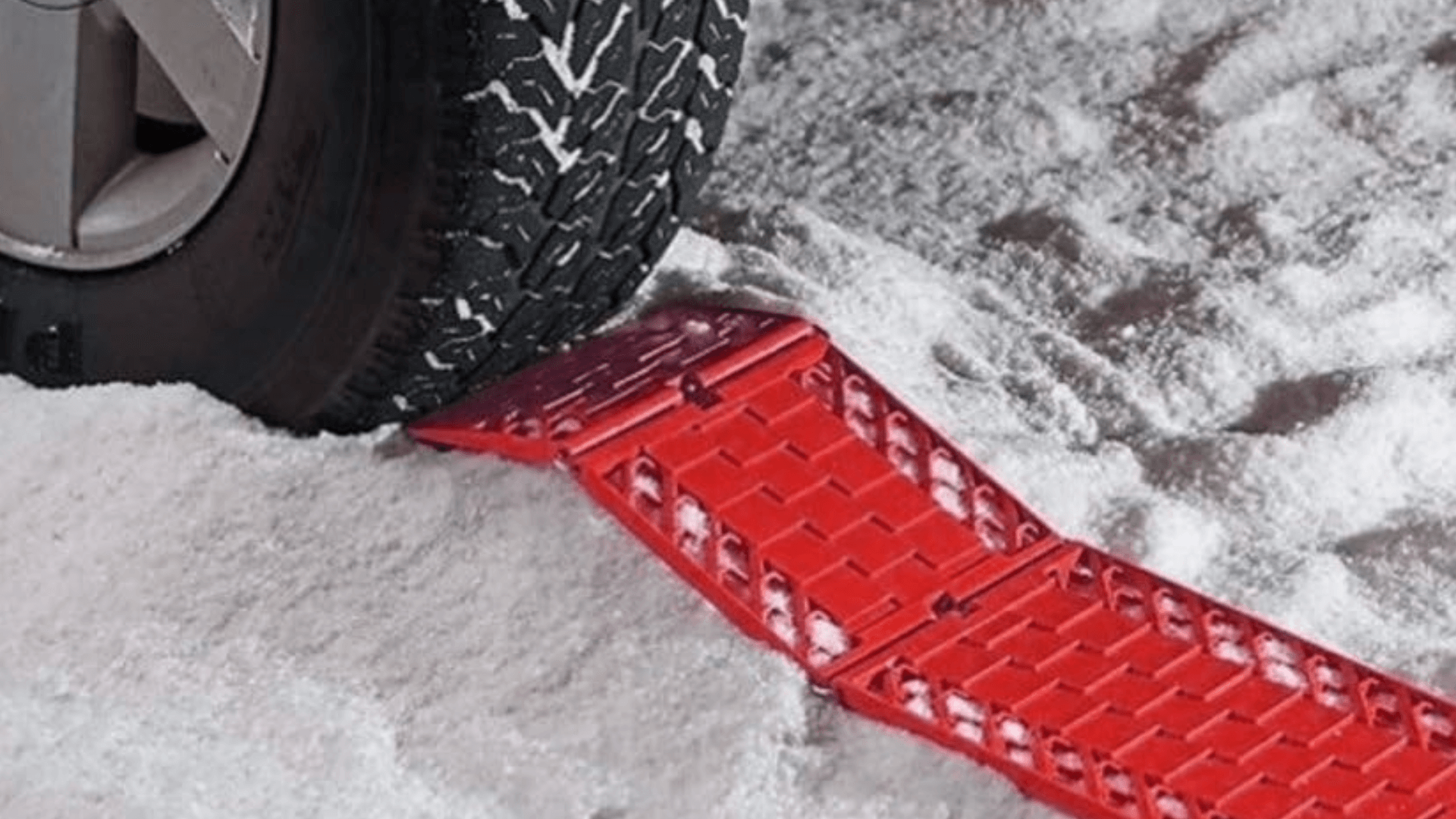- Home Page
- RVing Tips & Tricks
- Essential Gear for Winter Rv Camping
Essential Gear for Winter RV Camping:
Stay Cozy Adventure Boldly
Introduction
Essential Gear for Winter RV Camping
Ah, winter! a season of serene snowfalls, frosted landscapes, and the joy of snuggling up in a warm place. But wait, did someone mention winter RV camping? Indeed! Embracing this trend has many adventure-seekers experiencing winter's beauty firsthand. However, while the idea seems thrilling, the importance of being prepared must be balanced. To help you become prepared we will outline the essential gear for winter RV camping
Essential
Gear for Winter RV Camping
When it comes to winter RV camping, having the right gear is pivotal to ensure a smooth and enjoyable experience. Let's delve into the essential gear you'll need for your icy escapades!
Insulation
and Heating Equipment
Portable
Heaters
Having a reliable portable heater ensures that you remain toasty even when the temperatures outside plummet. Look for energy-efficient models that suit the size of your RV.
RV
Skirting
An RV's underbelly is most vulnerable to cold drafts. Investing in quality RV skirting can be a game-changer. It prevents cold air from seeping in, ensuring your RV's interior remains warm and cozy.
Thermal
Blankets
These are different from your regular blankets! They are designed for maximum warmth retention. Thermal blankets are perfect for those extra chilly nights.
Power and Energy Needs
Solar
Panels
Harness the power of the winter sun! Solar panels are an excellent energy source during those clear, sunny winter days.
Backup
Generators
You can never be too prepared. A backup generator ensures you have power even when other sources fail.
Battery Insulators
Cold can drain your RV's battery life. Battery insulators shield them from harsh temperatures, ensuring they function optimally.
Cooking and Food Preservation
Propane
Stoves
Easy to use and efficient, propane stoves are a must-have for winter camping. They provide consistent heat for cooking, making your meals delightful.
Coolers
with Superior Insulation
Cold food shouldn't become frozen food! High-quality coolers keep your perishables at the perfect temperature
Health and Safety
Carbon
Monoxide Detectors
With increased heater usage comes the risk of carbon monoxide poisoning. Ensure your RV has a reliable Carbon monoxide detector and check its expiration date to ensure that it is still able to work correctly. Yes, RV car Carbon monoxide detectors do expire. The average lifetime of these detectors is 50 months.
Weather
Radios
Stay updated with real-time weather updates. A weather radio alerts you of any upcoming storms or severe conditions.
Comfort
Essentials
Moisture Absorbers
Ward off dampness and mold with moisture absorbers, ensuring a dry and comfortable environment inside your RV.
Vent
Insulators
These handy vent insulators reduce heat loss through RV vents, keeping the warm air in and cold air out.
Outdoor
Gear
Snow Tires and Chains
Navigating snowy roads requires specialized equipment. Snow tires and/or chains provide the necessary traction to move safely.
RV-Friendly Snow Shovels
Compact and efficient, these snow shovels help clear pathways and are easy to store in your RV.
Grip Mats
Avoid getting stuck in snow or mud by using grip mats under your RV's tires, ensuring you always have a way out.
Maintenance and Troubleshooting
Properly Winterizing Your RV
Before setting off, ensure your RV is winter-ready. This includes checking insulation, sealing any gaps, and preparing plumbing systems.
Addressing Common Winter Challenges
From frozen pipes to engine troubles, be prepared to tackle common winter-related RV issues with the proper knowledge and tools.
RVers Firsthand
Experiences of Winter RV Camping
Over the years, many RVers have gathered countless memories from winter RV trips. From witnessing the Northern Lights in Alaska to cozy evenings by a campfire in the Rockies, each journey has its own charm. Remember, with the right gear, every challenge can become an unforgettable adventure.
FAQs about Essential Gear for Winter RV Camping
What is the most crucial gear for
winter RVing?
What is the most crucial gear for winter RVing?
The answer varies based on personal preferences, but insulation and heating equipment top the list for most campers.
How often should I check my RV's
heating system?
How often should I check my RV's heating system?
Before every winter trip, ensure your heating system is functioning efficiently to prevent unexpected malfunctions.
Can I use regular blankets instead of thermal ones?
Can I use regular blankets instead of thermal ones?
While regular blankets provide warmth, thermal blankets are specially designed for superior heat retention during extremely cold conditions.
Are solar panels effective during winter?
Are solar panels effective during winter?
Absolutely! On clear winter days, solar panels can generate a significant amount of power.
How do I prevent my RV's water pipes from freezing?
How do I prevent my RV's water pipes from freezing?
Using non-toxic antifreeze and proper insulation are effective ways to keep your pipes from freezing.
Is it safe to use propane stoves inside the RV?
Is it safe to use propane stoves inside the RV?
Yes, but ensure you have adequate ventilation and a working carbon monoxide detector for safety.
Conclusion and Final Tips
Winter RV camping is a unique experience, blending the chill of winter with the joy of exploration. With the essential gear listed above, your winter journeys can be safe, comfortable, and utterly mesmerizing. So, gear up, set forth, and embrace the wonders of winter on the open road!
